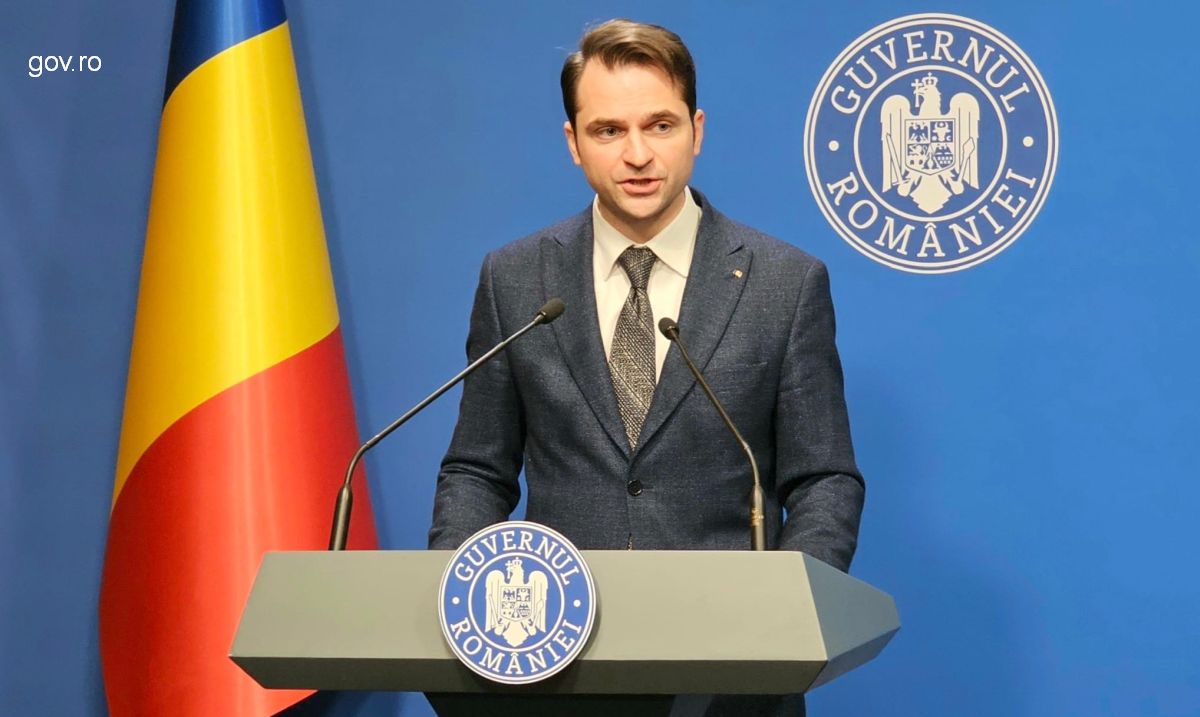Freight Railway Privatisation: Economic and Political Implications
The privatisation of the Freight Railway Division has once again reached a deadlock.

Roxana Vasile, 26.07.2013, 12:56
The privatisation of the Freight Division of the Romanian Railway Corporation has become a political game, according to the Romanian mass media. On Thursday, some 2,500 employees of the Corporation picketed the Government and Transport Ministry offices, in protest against the planned sale of this unit:
“People say around 2,500 employees from all divisions of the Corporation will be laid off. This is the main cause of our protests. Not the money, although wages, too, are an outrage. Our salaries haven’t been raised for years, although the national minimum salary was increased. It’s been more than five years since we last had a pay raise.”
The employees also accuse the authorities of blindly following the requirements of the International Monetary Fund, instead of trying to rescue the Romanian economy. Indeed, the privatisation of the Freight Railway Division is one of the commitments made by Romania to the IMF and the European Union, as part of an agreement signed in 2011.
On Wednesday, the Government approved the sale of the division to the Romanian Railway Group, which won the tender last month. After paying some 200 million euros for 51% of the stock, the Group would get substantial real estate assets and would have to manage around nine thousand employees. The Social Democratic Prime Minister Victor Ponta says that, given the importance of this privatisation, the sale must be approved by the Supreme Defence Council, headed by his political rival, the centre-right President Traian Basescu. The Presidency however argues that the Council has no powers in such procedures. Victor Ponta was quick to retort:
Victor Ponta: “If the Supreme Defence Council has no responsibilities in this case, but has still issued three official opinions on it so far, this means it did something illegal. So if the President has no powers in this respect, then, to put it bluntly, he should keep his mouth shut. However, if the President has any information and wishes to prevent us from making a mistake, then the official, institutional framework is the best way to do it.”
So what happens if the Council does not approve the sale? According to the prime minister, the Government will resort to a back-up plan, which includes private management, restructuring, and measures to make the company profitable again. Meanwhile, the winner of the bid, the Romanian Railway Group, is waiting to sign the privatisation contract, and says it has no interest in how politicians try to dodge responsibility.






























